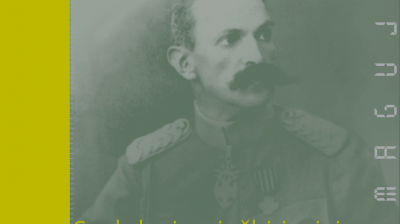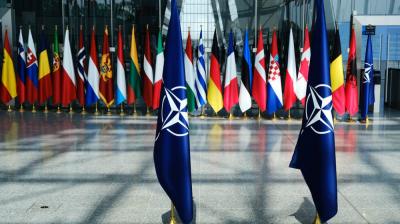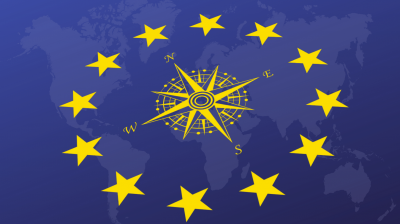European defence: Specialisation by capability groups
In many professions specialisation is regarded as a virtue. In a hospital the surgeon, the anaesthetist and the nurse have specialised skills. Together they engage in teamwork to cure patients. Yet, when it comes to defence, specialisation has a negative connotation. Contrary to the hospital’s operating theatre, dependency on each other’s armed forces is regarded as a serious, if not unacceptable risk, as a country has to be able to defend itself without relying on capabilities to be provided by other states. In reality, however, interdependence is a fact: European countries have relied on the nuclear deterrent of the United States since the 1950s and with regard to conventional forces, no single European country can provide all necessary capabilities. The question is how European interdependence can be made more effective. The answer must partly lie in specialisation.
This Policy Brief addresses specialisation in security and defence from the perspective of the ‘Team Europe’ approach of distributing tasks and operating with varying coalitions of European countries in order to make the EU (and in this case also NATO) more effective. It presents a model of structuring European armed forces in specialised groups – an idea that has been proposed in a Clingendael report published earlier this year. First, the Policy Brief lays out the playing field by explaining the model of European capability groups. Next, several options for European capability groups will be proposed. It concludes with listing the implications for the Netherlands.
Download policy brief.






